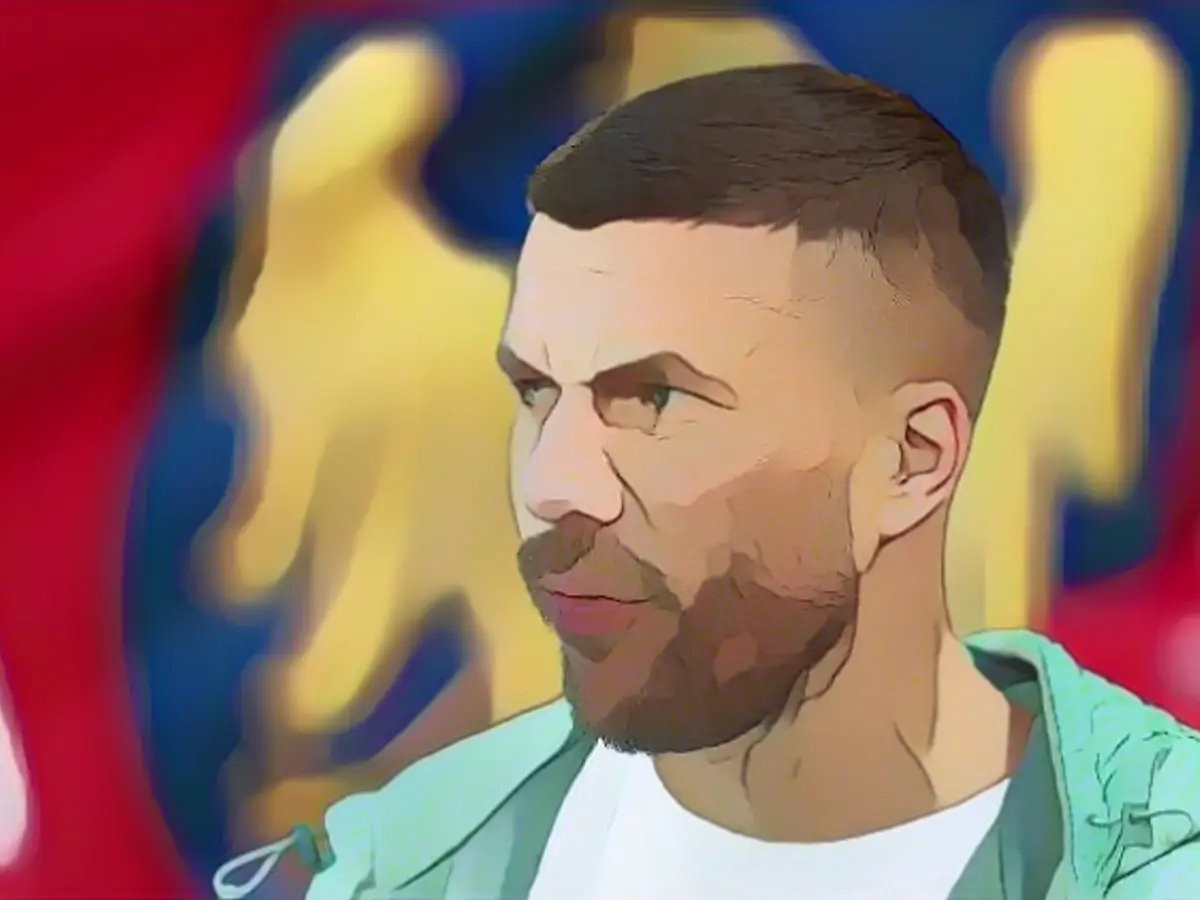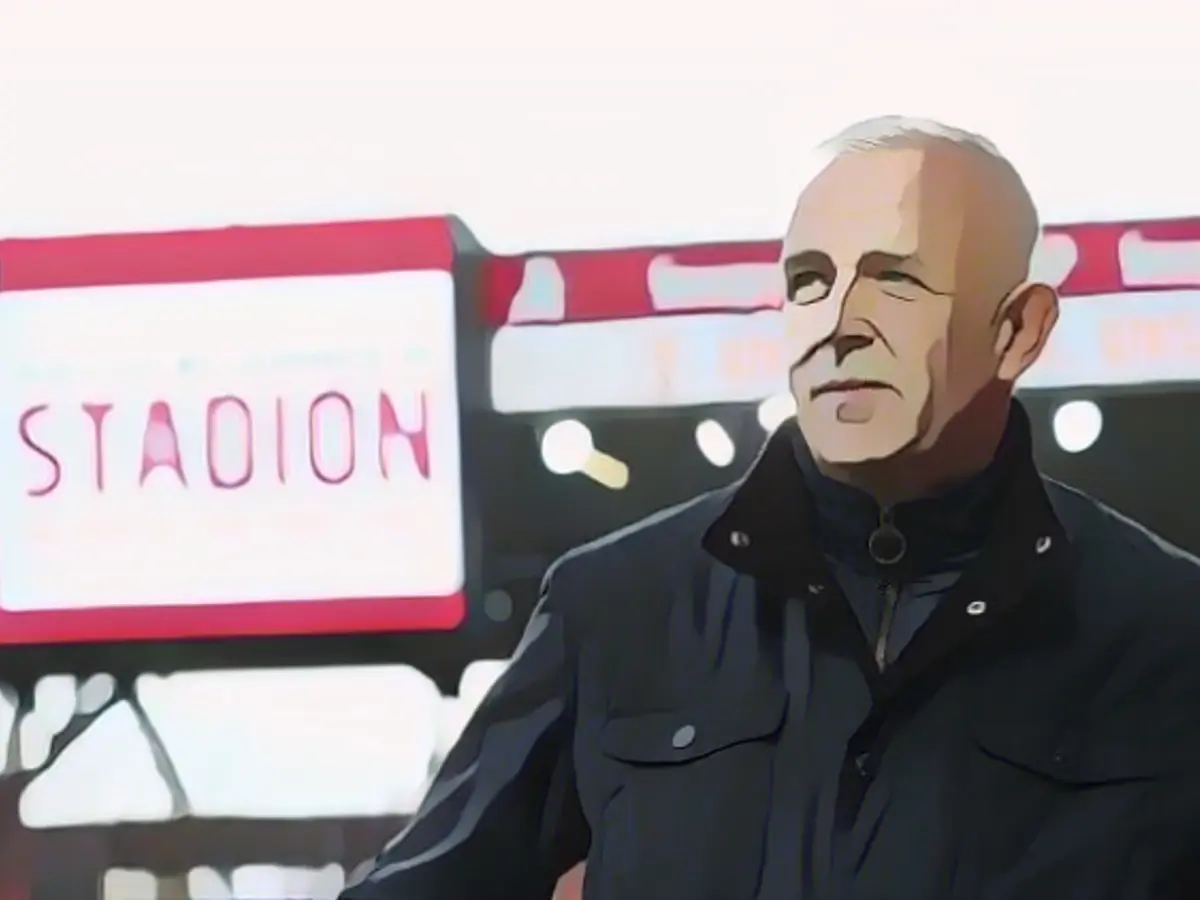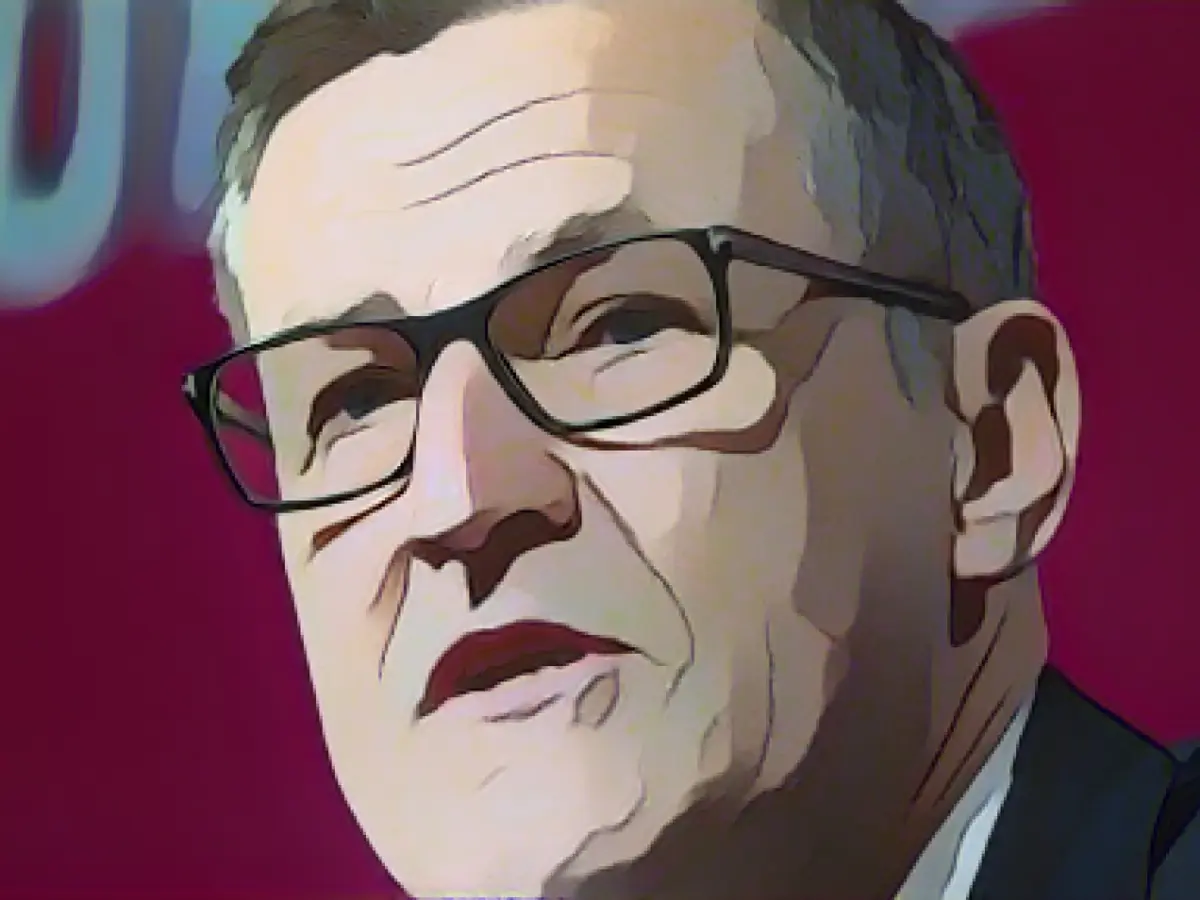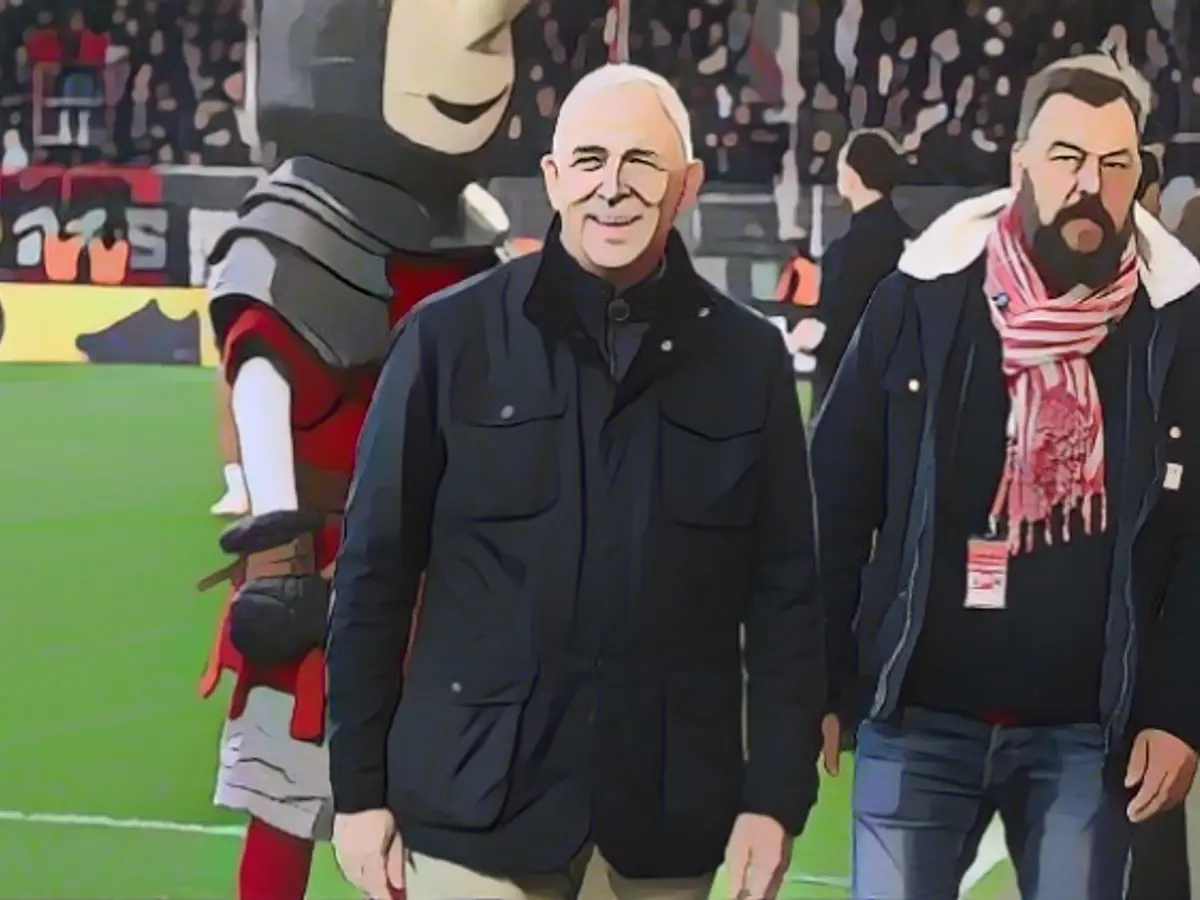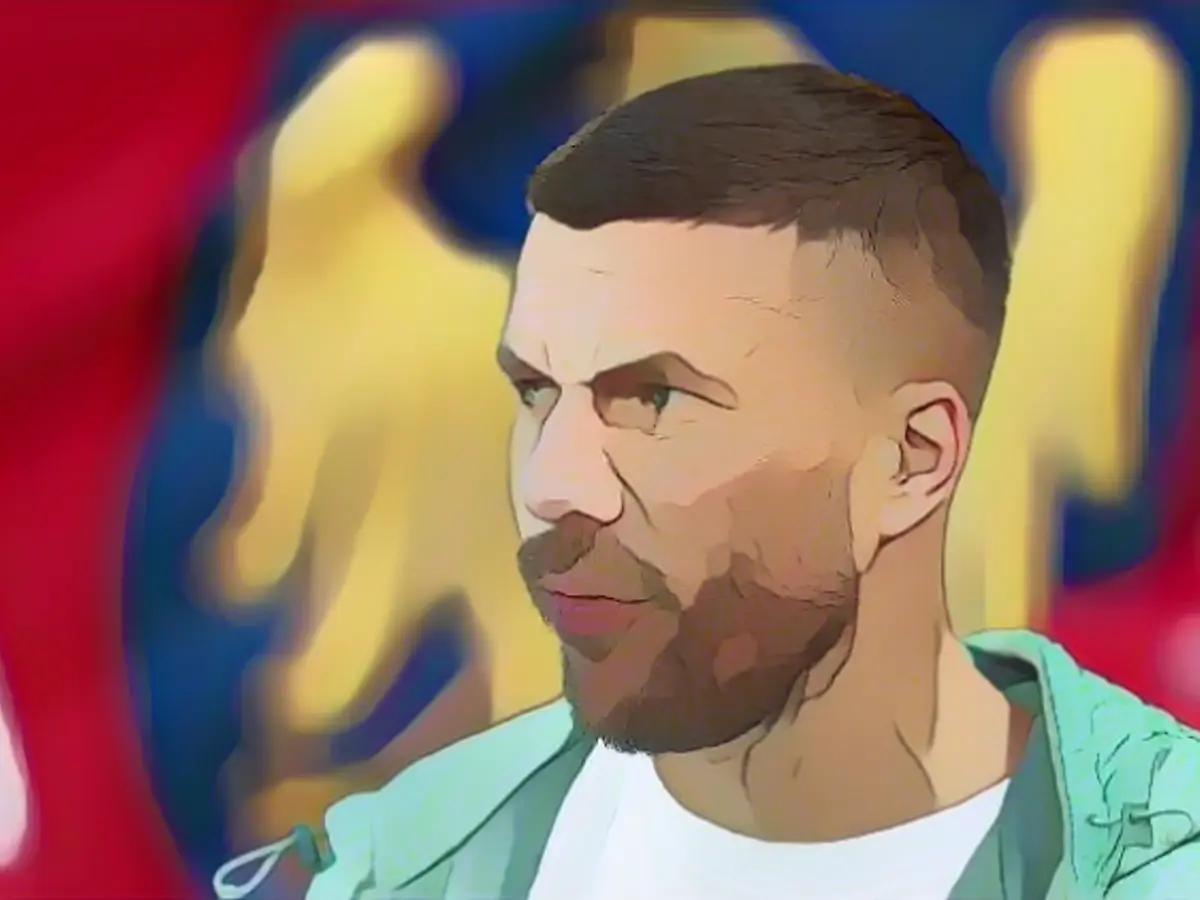Fans' Concerns Linger as Commercialization of Soccer Continues Unabated
Fan protests at the top two German professional soccer leagues' stadiums over the DFL's upcoming investor deal once again demonstrated their worries about the future of their beloved sport. Yet, commercialization's growing grip on soccer is nothing new, as many have long feared.
Back in 2006, much was said about FIFA, VIPs, and soccer fans in the film "Who owns the game?" Schalke legend Yves Eigenrauch predicted that the commercialization of soccer would never cease, saying, "There's no one around to say that there's still a measure that needs to be found." His words still resonate today, as professional soccer continues to thrive and commercialization gathers momentum.
The British Distinction
While England and other leagues struggle with fan disengagement and corporate pressure, the German sports scene remains a bastion of passionate soccer supporters. Jeremy Boyle, representing the English fans' association "Supporters Direct," expressed his concerns in 2006, likening soccer to "going to the theater or the opera." Lukas Podolski, former Arsenal FC player, echoed these sentiments, emphasizing the unique spirit and commitment displayed by German soccer fans.
Turning the Screw
Fears of DFL's potentially detrimental actions have grown, bringing back memories of "Monday games" and Stefan Effenberg's well-known statement about the "power of the fans." Responding to fan pressure, the "Monday games" were temporarily eliminated, but this did not signal an end to the commercialization of soccer. Instead, it reflected more complex circumstances and shifting priorities in the DFL.
Moving forward, Lukas Podolski called for "radical protests" to protect the integrity of German soccer. His request for a radical approach strikes a chord with the sentiment that the sport has drifted far from its initial purpose – a passion between fans, players, and clubs.
Taking a Step Back to Move Forward
Yves Eigenrauch and Lukas Podolski's perspectives on soccer's commercialization hint at various aspects worth considering:
- Financial Sustainability: How can the sport be protected while ensuring the financial stability of both big and small clubs?
- Competitive Balance: What steps can be taken to bridge the financial divide between elite and less-affluent clubs, preserving fair competition?
By engaging in targeted discussions and explorations around these and other factors, soccer enthusiasts, pundits, and players might collectively develop a sustainable model that resonates with fans, promotes growth, and reinstates the sport's essential values.
Further Reading
Despite relentless criticism and growing concerns about the commercialization of soccer, its appeal and global impact remain unwavering. Yves Eigenrauch's prophetic words still hold true as the sport's financial arc continues unrestrained. The challenge lies in finding sustainable solutions that can strike a balance between profit and passion, preserving the essence of soccer while contributing to its continued growth.
